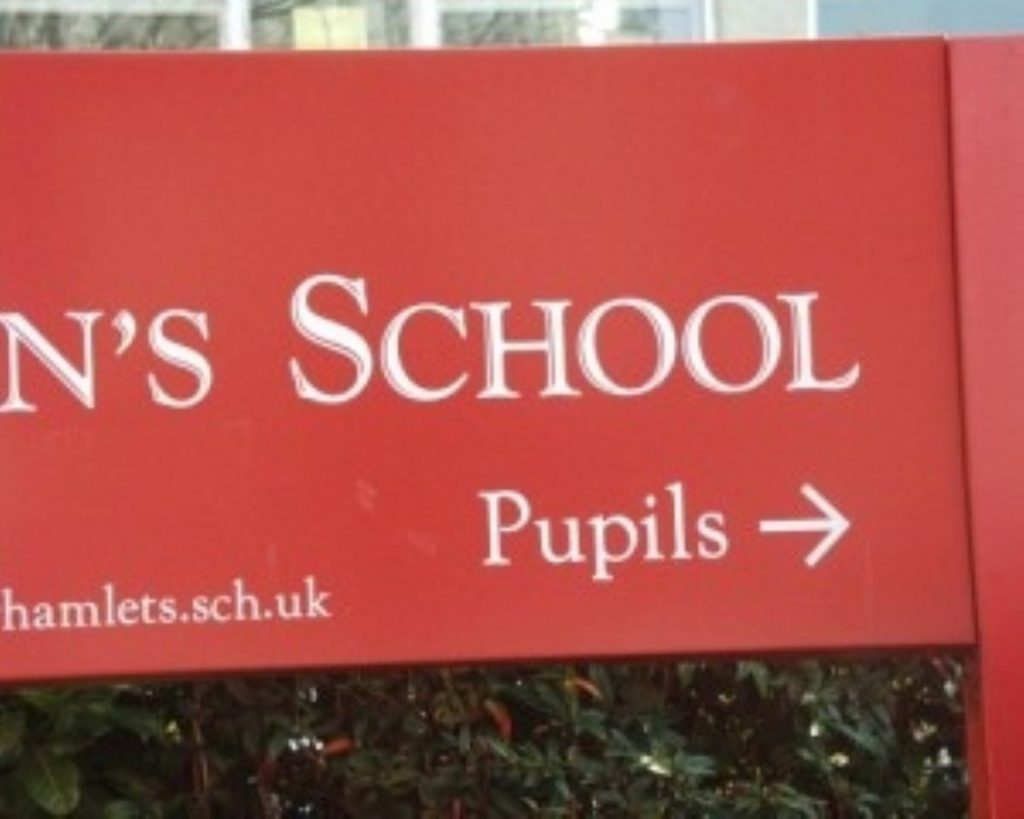Primary league tables show rising standards
Standards of English and maths have risen in schools, according to the annual primary school tables for England published today.
But, teaching unions have again questioned the value of league tables and the Conservatives have accused the Government of being “all talk” on school standards.
About 78 per cent of final year children now reach the Government’s required level four in English, up three per cent on last year, while those achieving the same standard in maths rose by one per cent to 75 per cent.
There was a one per cent drop in the number of children reaching level four in science, yet the proportion of children reaching level five, a level above that expected of them, increased markedly.


Although primary schools are still some way short of the 2006 target of 85 per cent of children reaching level four in both subjects, Schools Minister Stephen Twigg welcomed the results.
“Parents and pupils can be confident that standards in schools are getting even better,” he said.
Chief executive of the National Union of Teachers, Steve Sinnott, said that despite their limitations, the school results tables did indicate “a success story” in primary education.
“The continuing improvement in the proportion of young people gaining the expected level 4 in English and maths is testimony to the hard work of those teachers and their pupils,” he added.
A breakdown of the results showed that girls outperformed boys in English, with 83 per cent of girls achieving level four standard, compared to 72 per cent of boys. There were no gender differences in maths or science.
But, the acting general secretary of NASUWT, Chris Keates, said it was “regrettable that the Government is determined to cling to this unnecessary, annual ritual.
“League tables are divisive and demoralising. There are much more appropriate and effective methods of accountability.
“The value-added dimension offers the illusion of greater fairness but the true worth of the data remains questionable. The criteria are limited and fail to recognise the real achievements of the many working hard and successfully with challenging pupils.”
He said that the tables encouraged competition between schools at a time when the Government focus is on collaboration, and puts pressure on teachers to teach to the tests, whilst the Government is pressing for breath and diversity of the school curriculum.
Shadow Education Secretary Tim Collins, said: “After four successive years of no progress whatsoever ministers have been able to announce, just before a general election, a rise of just a percentage point in maths attainment – albeit accompanied by a fall of a percentage point in science.
“The overall picture remains one of stagnation and there is very little reason to believe from these figures that taxpayers are getting value for money. On raising school standards, this government is all talk.”

